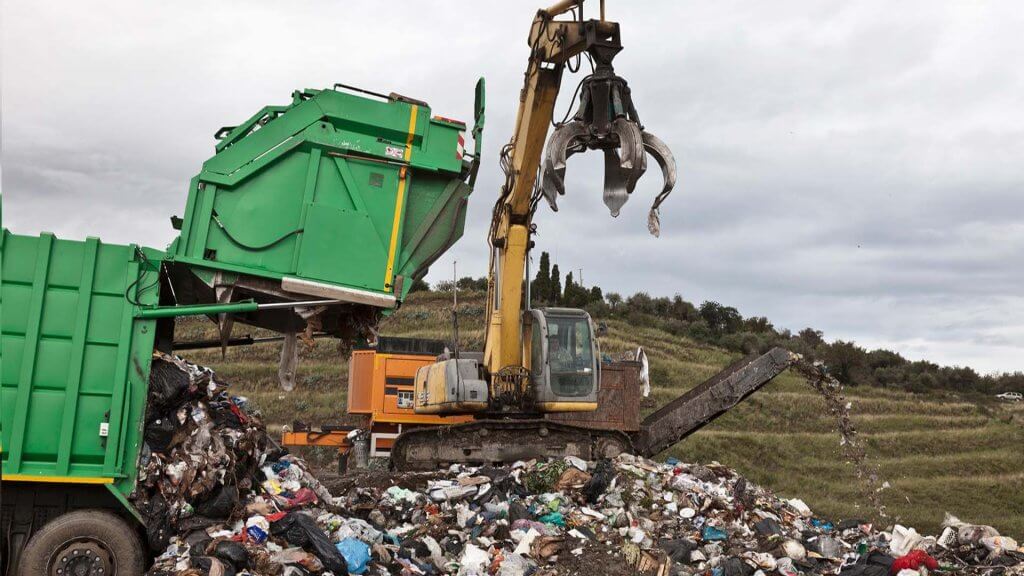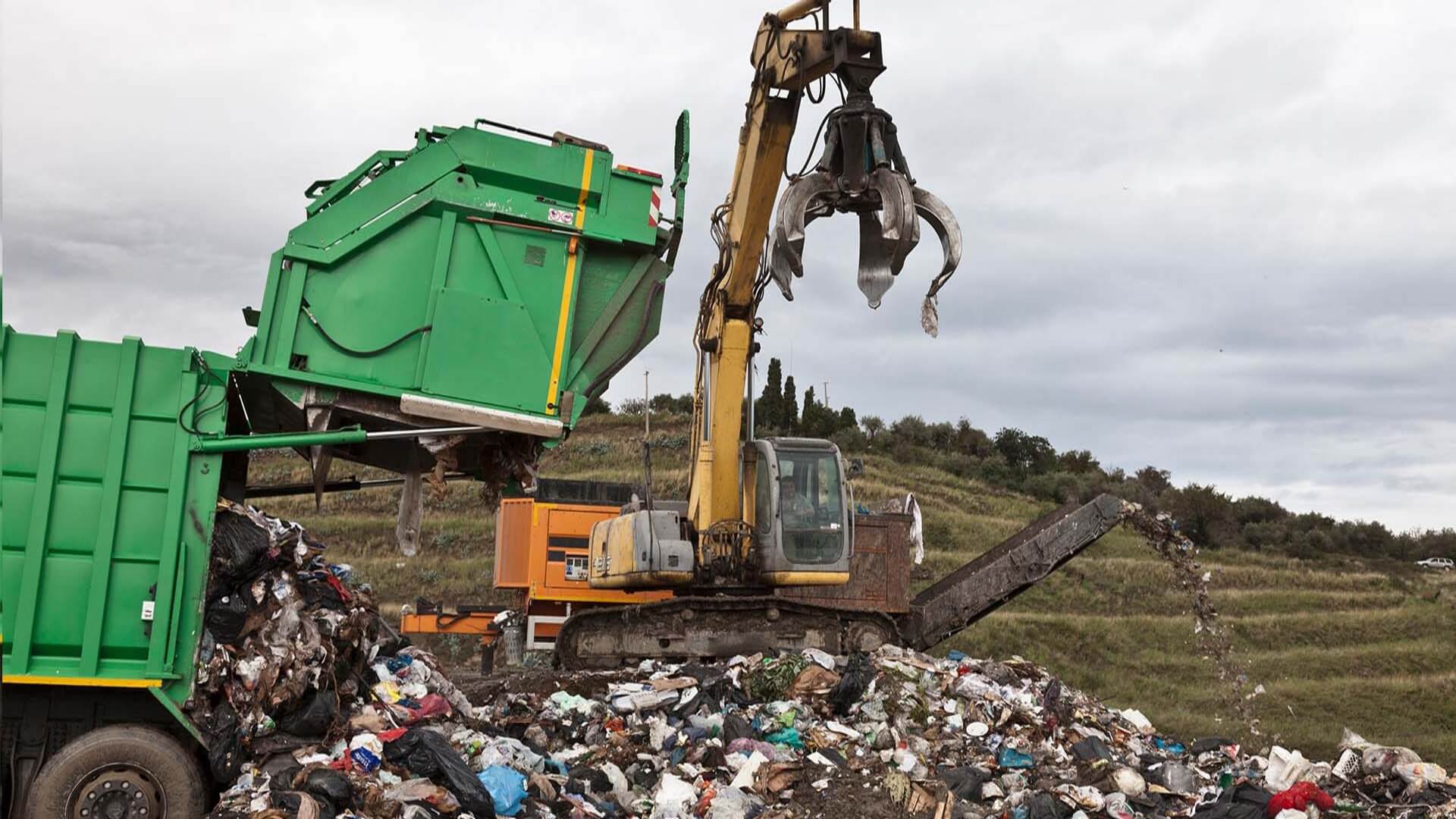Every year, April marks the end of the tax year for businesses across the UK. In the waste management sector, this is when the Government applies tax increases for landfill and fuel taxes. During 2020-2021, the industry saw skip hire companies increasing prices by a massive 15% on average to mitigate the additional expenses from the red diesel ban on plant machinery. April 2023 is no exception to this and reports are estimating that waste management and skip hire companies are anticipating an average increase of 8% this year.
With the average cost of a skip in the UK averaging £250+VAT, this is another huge increase which will impact almost every sector – from small businesses to construction, manufacturing, hospitality and medical.
Effective waste management is an integral part of the UK economy, affecting a broad range of industries, including construction, manufacturing, healthcare, and hospitality. It ensures that waste is disposed of safely, mitigating environmental damage and preventing public health risks.
Furthermore, waste management also contributes to economic growth by creating job opportunities in recycling and waste management industries .In contrast, poor waste management practices can have negative economic consequences, including increased costs, potential legal fines, and reputational damage. Therefore, it is essential for businesses to implement sustainable waste management practices that contribute positively to the economy while reducing environmental impact.
So what can be done to mitigate this stealth ‘rubbish tax’?
One approach is to source a large waste management company who benefits from economies of scale, such as Reliable Skip, to ensure that you’re getting the best value for your money on your skip hire.[link] According to Reliable Skip, there is a significant variance in the price increases across the UK, ranging from 3% to over 10% in some areas. By assessing the cost of waste disposal services carefully, you can find cost-effective ways to dispose of your waste safely and responsibly, while avoiding any legal or financial repercussions associated with illegal waste disposal.
There are less conventional ideas too aside from simply procuring costs. For example, some businesses are adopting circular economy principles, which involve designing products and materials to be reused or recycled at the end of their lifecycle. By adopting a circular economy approach, your business can reduce waste and even create new revenue streams by repurposing materials that would otherwise be discarded.
Another idea is to consider waste reduction as a marketing opportunity. By demonstrating your commitment to sustainability and social responsibility, you can appeal to customers who are increasingly concerned about the impact of their purchases. This can help to build a loyal customer base and increase customer retention.
Ultimately, there are steps that small and medium-sized businesses can take to mitigate the impact of the waste stealth tax and the rise of fly-tipping. By adopting sustainable practices, partnering with reliable waste disposal companies, and considering new ideas, businesses can turn waste management into a cost-saving opportunity while also protecting the environment and public health. It is crucial for businesses to act now and find ways to reduce their waste and increase efficiency to avoid the negative impact of the waste stealth tax and fly-tipping.









